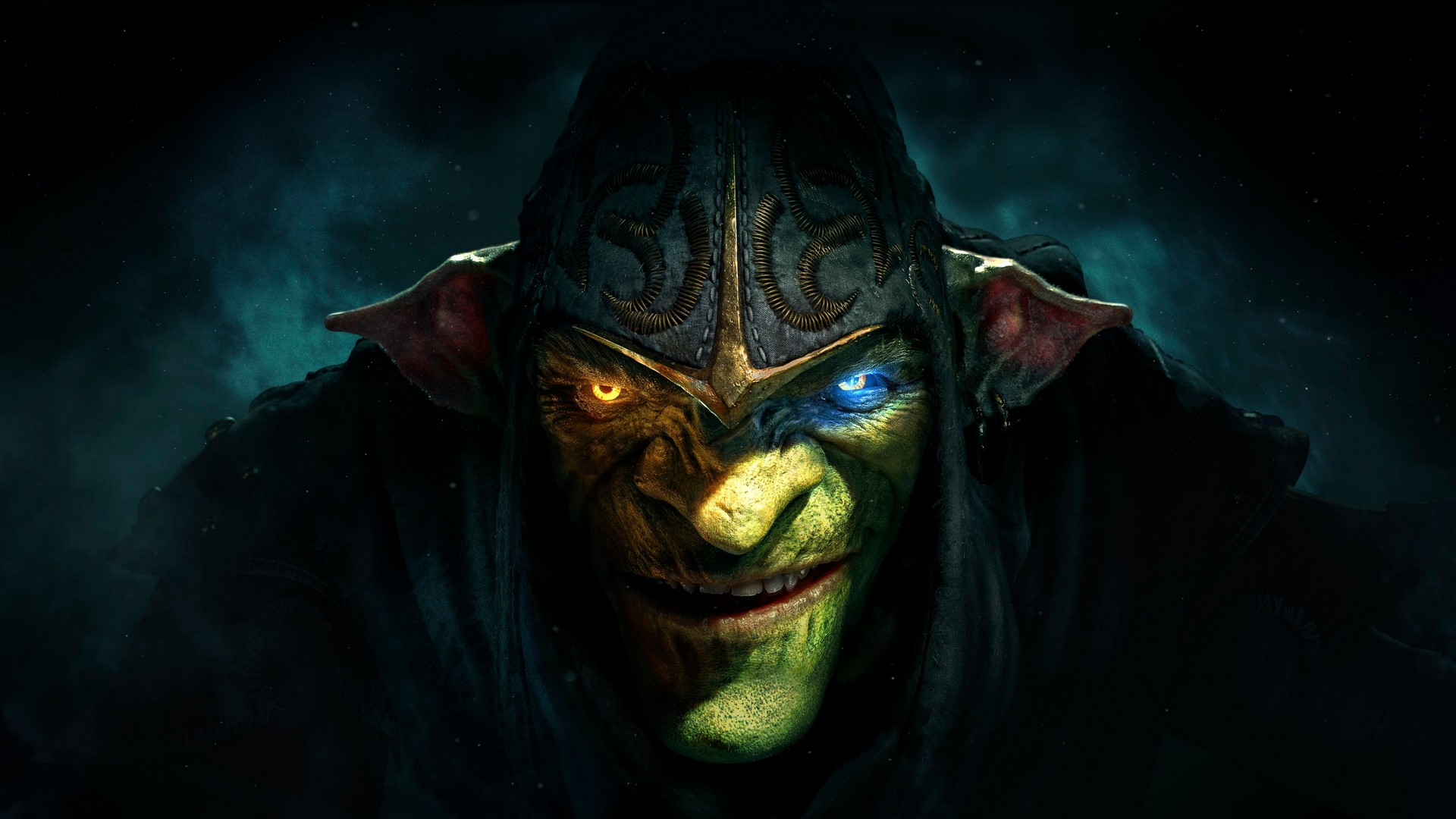Wes Anderson: from worst to best
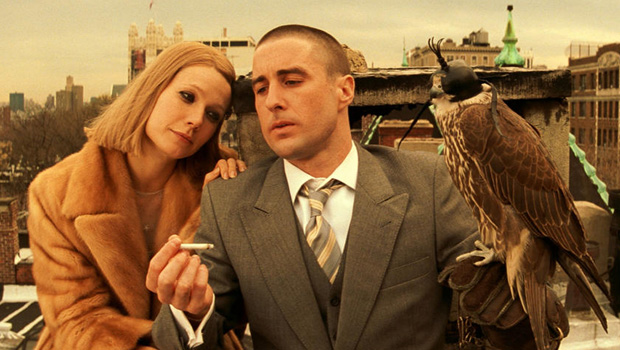
"I saved Latin. What did you ever do?"
There's no other director quite like Wes Anderson. The softly-spoken, sharply-dressed American doesn't just make films he creates beautiful miniature universes populated with strange and funny people soundtracked, inevitably, by cool '60s pop.
While Anderson's work can be arch and stiff and he's clearly not to everybody's taste we love him and so decided to rank his eight films from worst to best...
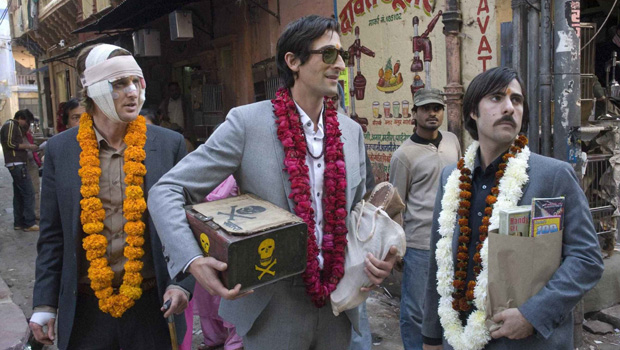
The Darjeeling Limited (2007)
Anderson's fifth feature finds a trio of typical collaborators Owen Wilson, Adrien Brody and Jason Schwartzman playing brothers abroad in India. They're taking a long haul ride on the titular train, a year after the death of their father. Along the way, their relationships begin to fracture and new bonds form.
So, the good? Well, it looks typically amazing and the soundtrack is a killer mix of Brit invasion tracks and Bollywood cuts. But while The Darjeeling Limited isn't a bad film, it's easily Anderson's flimsiest. The characters are weirdly chilly and the themes are all too familiar from earlier work. Worst of all, it's just not that funny. Anderson needed to do something different and, happily, that's exactly what he did. The animated Fantastic Mr Fox followed...
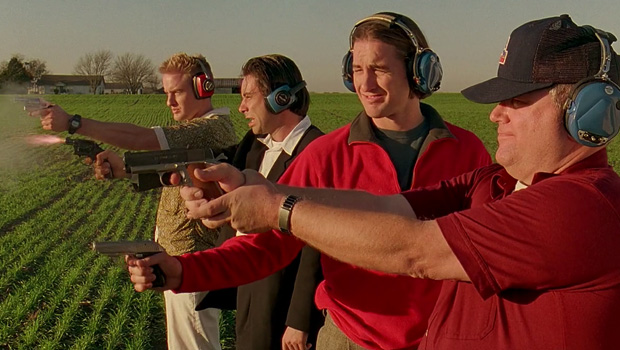
Bottle Rocket (1996)
All but ignored at the time, Anderson's debut movie is a smart and funny caper about a trio of deluded friends who set out to become crime lords.
While the film was a commercial failure, it's had a lasting impact, introducing the talents of Luke and Owen Wilson to the movie-going world. Moreover, Anderson's directorial style while not quite fully-formed yet is already fresh and distinctive.
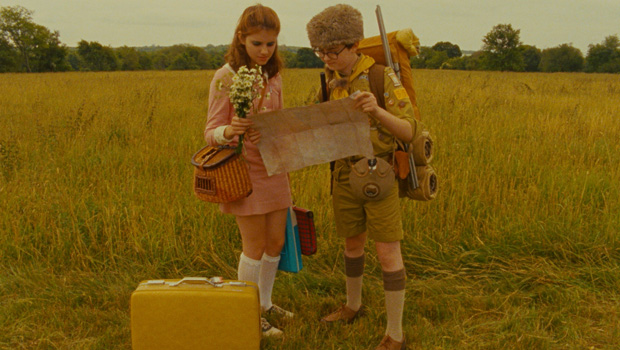
Moonrise Kingdom (2012)
Moonrise Kingdom felt like the start of a new phase for Anderson. After the commercial success of Fantastic Mr Fox, he came back with a swing in his step and this tale of young love on an island in New England. As the threat of a hurricane bears down, two 12 year olds run away together directly into the path of the storm.
Moonrise Kingdom is an odd little film (surprise!). It's warmer than The Darjeeling Limited, yet somehow soggier than The Life Aquatic. Its contrasts between adult weariness and youthful naivet are clear, but it still retains that divisively arch and slightly studied tone. Still, it's Anderson's starriest film, with Frances McDormand, Harvey Keitel, Bill Murray, Ed Norton and more giving their all and the laughs are back, thank goodness. The storm scenes, meanwhile, are hugely atmospheric.
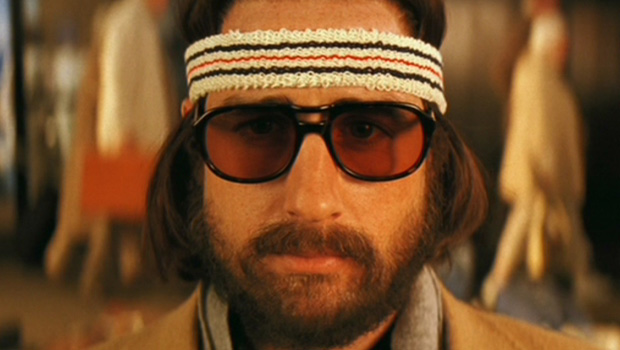
The Royal Tenenbaums (2001)
Anderson's third film is by far his best known and set the template for everything he has done since. Gene Hackman stars as Royal Tenenbaum a crummy dad with a family of supremely-gifted children: Margot (Gwyneth Paltrow) is a playwright, Chas (Ben Stiller) is a maths genius and Richie (Luke Wilson) an artist and tennis prodigy. When Royal discovers that his ex-wife is to marry again, he fakes stomach cancer to win back his family's affections.
The film was a big success, with Hackman taking home a Golden Globe for his performance and the screenplay (by Anderson and Owen Wilson) was nominated for an Academy Award. Its funny-sad tone, precise visual style and absurdly dysfunctional family combined to make a film that felt like nothing else at the time. Ironically, in the wake of The Life Aquatic and The Grand Budapest Hotel, The Royal Tenenbaums is now one of Anderson's more grounded pictures.
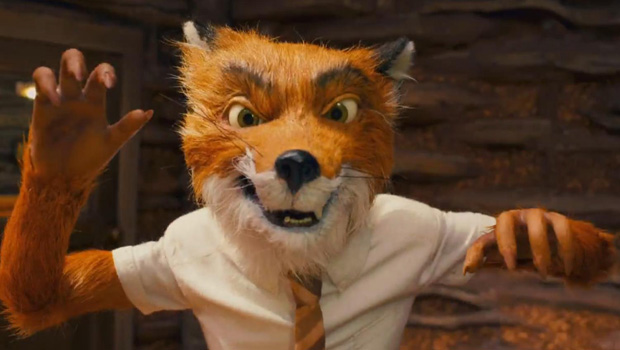
Fantastic Mr Fox (2009)
The worry going in to this adaptation of the beloved Roald Dahl story was that it might be a cynical cash grab on Anderson's part - something tossed out between his real projects. That view couldn't be further from the reality... This is a wonderfully funny movie that works for kids, adults and both Dahl and Anderson fans. The character design, in particular, is stunning; Mr Fox (voiced by George Clooney) is all dapper tweed because, well, of course, and you'll fall in love with boggle-eyed oppossum Kylie.
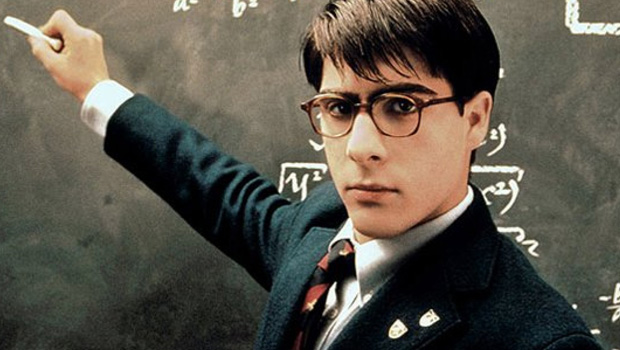
Rushmore (1998)
The film that made Anderson's career and also the one that resurrected Bill Murray's. An eccentric and hilarious tale of a thwarted love triangle between a teacher (Olivia Williams), a wealthy business magnate (Murray) and boy genius Max Fischer (Jason Schwartzman), Rushmore laid out all the elements that would make Anderson such a thrillingly different director: the fastidious attention to detail, the knife-edge balance between comedy and tragedy, and his taste for the absurd. Murray is the star, obviously, but Schwartzman is just as good you'll loathe the smug, jealous Fischer at points, but he never loses his innate pathos. Plus it ends with a recreation of Apocalypse Now played by teenage boys. Superb.
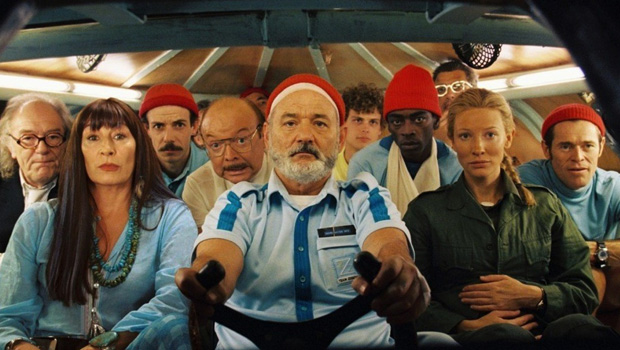
The Life Aquatic (2004)
Probably Anderson's most divisive film but undoubtedly his most rewarding. The Life Aquatic With Steve Zissou (to give it its full title) is the first Anderson epic an adventure film about a Jacques Cousteau-like explorer setting out to find the shark that ate his best friend.
An infamous commercial flop, The Life Aquatic might have buried Anderson's career if not for its obvious brilliance. The whimsy is pushed to the max the scene where Bill Murray's Zissou shows you around his boat pulls out to reveal a gigantic cutaway set, and the sea creatures are rendered in beautiful stop-motion animation. But the fantasy is undercut by the real pain at the core of the story. Zissou's career is winding down, his marriage is in tatters and now his best friend has died. Over the course of the shaggy dog story (which involves pirates, a three-legged dog and Jeff Goldblum as Zissou's oily rival) his connection with his maybe-son Ned (a sad-eyed Owen Wilson) helps bring him back into the world. It's all leading to a powerful climax that finds Zissou staring down the mysterious shark, and the audience weeping. A great cult movie.
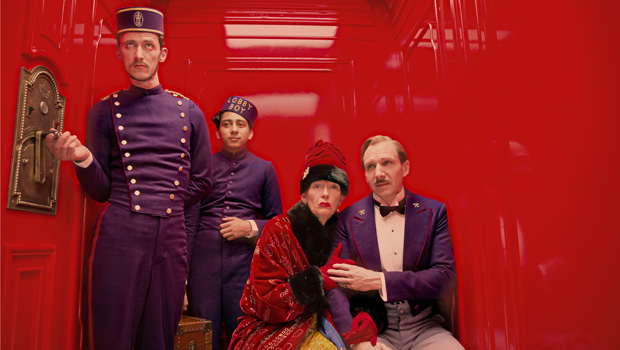
The Grand Budapest Hotel (2014)
Anderson's most recent film is also, we'd argue, his best. The story of concierge Gustave H and hotel lobby boy Zero is an elegant masterpiece that combines everything that makes him such an impressive director. There's whimsy, of course, but this time its weaponised. Set in the '40s, in the fictional Central European country of Zubrowka, the shadow of war and encroaching fascism hangs over the film, leading to an ending that packs a surprisingly powerful emotional wallop. Despite that, it's also Anderson's most purely funny film.
Key to the film's success is Ralph Fiennes's prim central performance. Gustave is a camp and fussy womaniser who befriends and beds rich old ladies, but there's never a sense that he's really intent on ripping these people off. He's a dick, but a charming one, and his bond with Zero (a terrific Tony Revolori) is genuine and warm. While he starts the film as almost a parody of a Wes Anderson character, by the end it's hard not to love him. And as the credits roll, it's impossible not to be excited about what Anderson might direct next...

Will Salmon is the Streaming Editor for GamesRadar+. He has been writing about film, TV, comics, and music for more than 15 years, which is quite a long time if you stop and think about it. At Future he launched the scary movie magazine Horrorville, relaunched Comic Heroes, and has written for every issue of SFX magazine for well over a decade. His music writing has appeared in The Quietus, MOJO, Electronic Sound, Clash, and loads of other places too.
Weekly digests, tales from the communities you love, and more
You are now subscribed
Your newsletter sign-up was successful
Want to add more newsletters?

Every Friday
GamesRadar+
Your weekly update on everything you could ever want to know about the games you already love, games we know you're going to love in the near future, and tales from the communities that surround them.

Every Thursday
GTA 6 O'clock
Our special GTA 6 newsletter, with breaking news, insider info, and rumor analysis from the award-winning GTA 6 O'clock experts.

Every Friday
Knowledge
From the creators of Edge: A weekly videogame industry newsletter with analysis from expert writers, guidance from professionals, and insight into what's on the horizon.

Every Thursday
The Setup
Hardware nerds unite, sign up to our free tech newsletter for a weekly digest of the hottest new tech, the latest gadgets on the test bench, and much more.

Every Wednesday
Switch 2 Spotlight
Sign up to our new Switch 2 newsletter, where we bring you the latest talking points on Nintendo's new console each week, bring you up to date on the news, and recommend what games to play.

Every Saturday
The Watchlist
Subscribe for a weekly digest of the movie and TV news that matters, direct to your inbox. From first-look trailers, interviews, reviews and explainers, we've got you covered.

Once a month
SFX
Get sneak previews, exclusive competitions and details of special events each month!
